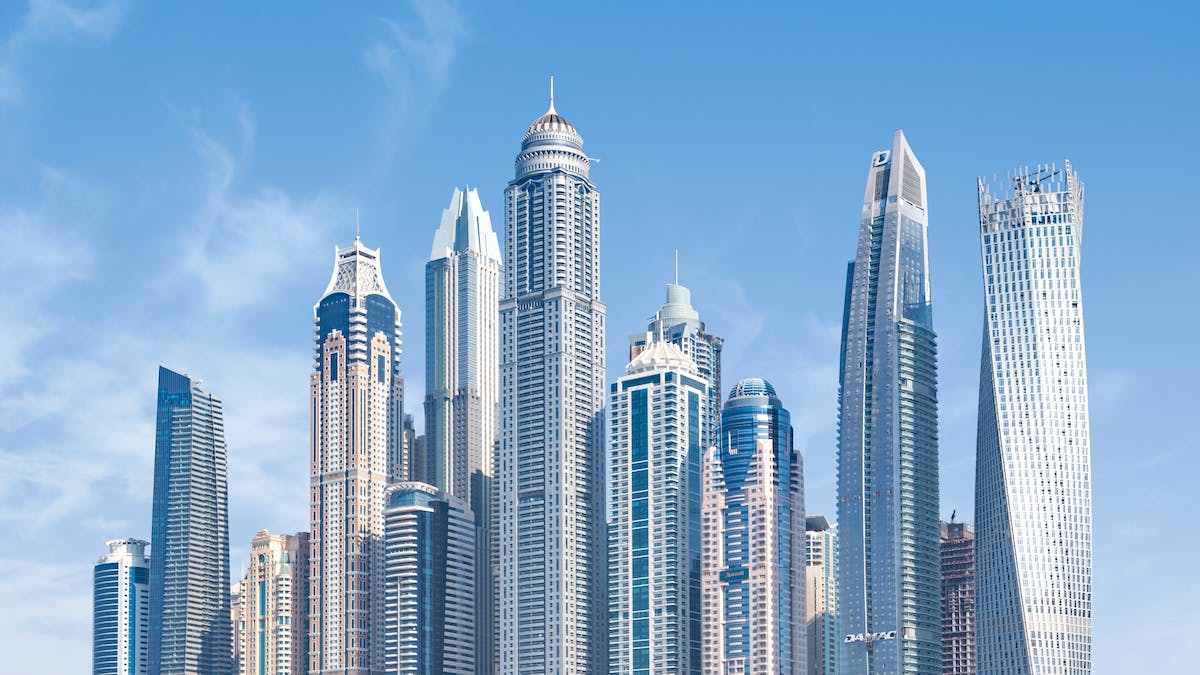Modular Construction Public Companies and industry outlook for the modular construction business and investing opportunities
As of my knowledge cutoff in September 2021, there are several publicly traded companies involved in modular construction. It’s important to note that the availability and performance of these companies may have changed since then. Here are a few notable modular construction public companies:
- Champion Homes (NYSE: CHB): Champion Homes is a leading manufacturer of modular homes, multi-family homes, and commercial buildings. They operate in multiple states in the United States and have a diverse portfolio of products.
- Red Sea Housing Services (TADAWUL: 4230): Red Sea Housing Services is a Saudi Arabian company engaged in the design, manufacturing, and installation of modular buildings and housing solutions. They serve various sectors, including oil and gas, construction, and healthcare.
- Cemex S.A.B. de C.V. (NYSE: CX): While primarily known as a global building materials company, Cemex also has a modular construction division. They provide modular solutions for residential, commercial, and industrial applications.
- Katerra (private company): Although not publicly traded, Katerra is a notable player in the modular construction industry. They leverage technology and off-site manufacturing to deliver modular solutions for various building types, including residential, hospitality, and healthcare.
As for the industry outlook, the modular construction business has been experiencing steady growth in recent years. The demand for modular buildings is driven by factors such as speed of construction, cost efficiency, sustainability, and flexibility. Modular construction offers benefits like reduced construction time, improved quality control, and lower waste generation compared to traditional construction methods.
Investing opportunities in the modular construction sector can be evaluated based on various factors, including the financial performance and growth prospects of the companies involved, industry trends, market demand, and competitive landscape. It’s important to conduct thorough research, analyze financial statements, and consider the long-term potential of the companies before making any investment decisions.
However, please note that market conditions and the performance of specific companies can change rapidly. It’s recommended to consult with a financial advisor or do further research to obtain the most up-to-date and accurate information before making any investment decisions in the modular construction sector.
Modular construction offers several benefits compared to traditional construction methods. Some of the key advantages include:
- Faster Construction Time: Modular construction significantly reduces construction time compared to traditional methods. Since modules are built off-site concurrently with site preparation, project timelines can be shortened by up to 50%. This accelerated construction time allows for quicker occupancy and faster return on investment.
- Cost Efficiency: Modular construction can be more cost-effective than traditional construction. The streamlined manufacturing process, economies of scale, and reduced labor requirements contribute to lower overall costs. Additionally, the controlled environment of the factory reduces material waste, which further decreases project expenses.
- Enhanced Quality Control: Factory-controlled manufacturing in modular construction ensures consistent quality throughout the process. Stringent quality checks and standardized procedures are followed, resulting in fewer defects and improved precision. The controlled environment also minimizes the impact of weather conditions on construction quality.
- Design Flexibility: Modular construction offers design flexibility to meet various project requirements. Modules can be customized, combined, and stacked to create unique structures. This flexibility allows for architectural creativity and customization while maintaining the benefits of off-site construction.
- Sustainability: Modular construction promotes sustainability and reduces environmental impact. The controlled manufacturing process reduces waste generation and allows for efficient use of materials. Additionally, the ability to reuse and repurpose modules makes modular construction a sustainable choice.
- Improved Safety: The majority of modular construction takes place in a factory-controlled environment, reducing the risks associated with on-site construction. This controlled setting allows for better safety measures, fewer accidents, and improved worker safety.
- Minimal Disruption: Since modular construction is performed off-site, disruptions to the surrounding environment and neighboring properties are significantly reduced. Noise, dust, and on-site construction activities are minimized, leading to less disruption for nearby residents and businesses.
- Scalability and Future Expansion: Modular construction offers scalability and the ability to easily expand or reconfigure structures in the future. Additional modules can be added to accommodate changing needs, making modular buildings adaptable to future growth or modifications.
It’s important to note that while modular construction offers numerous benefits, it may not be suitable for every project. Factors such as site constraints, design complexity, and project size should be considered when evaluating the feasibility of modular construction for a specific development.


















